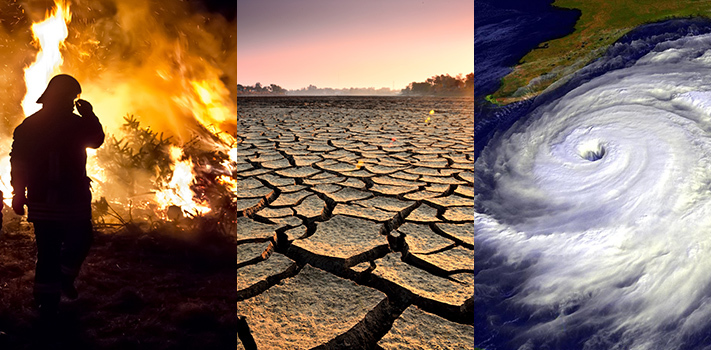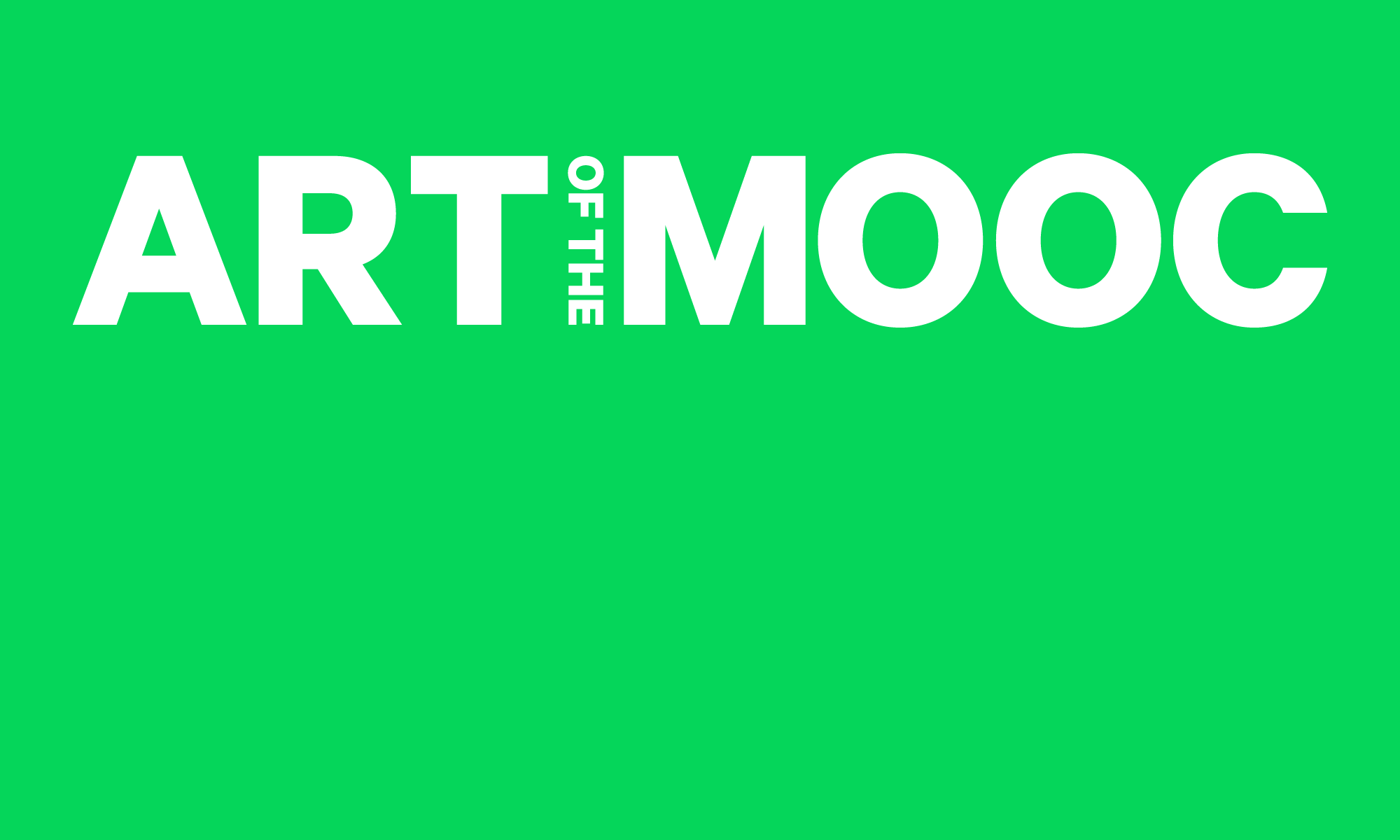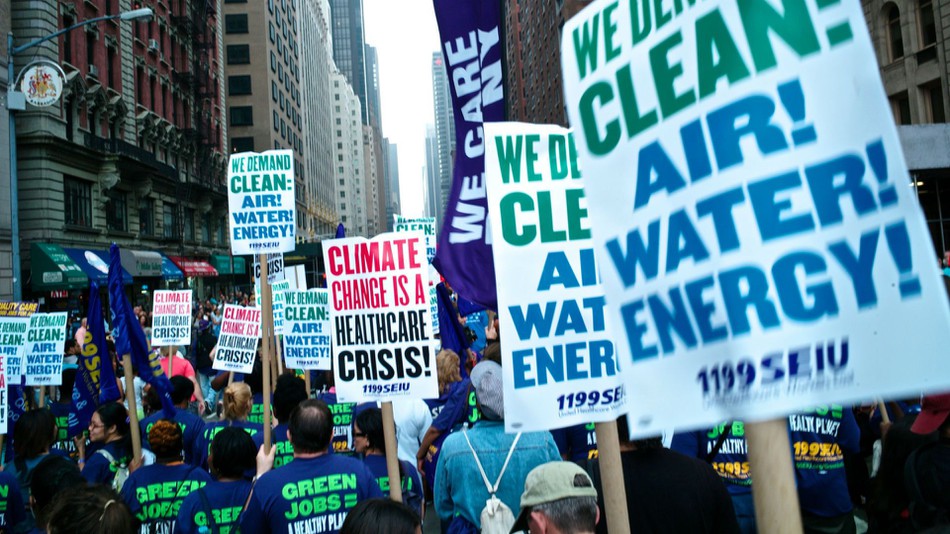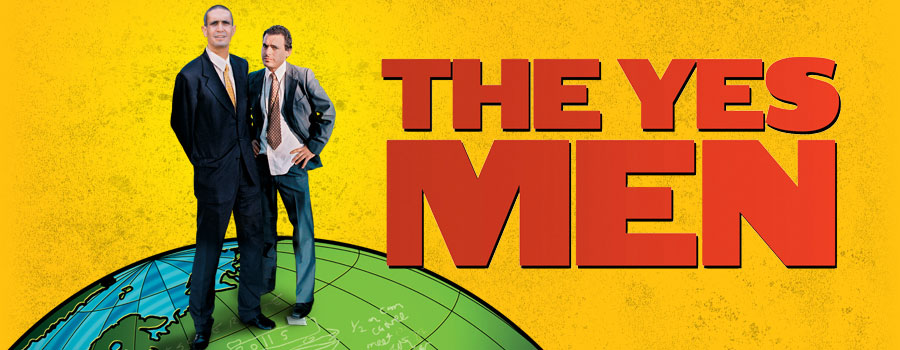How do you create an effective social movement? I first explored this question my freshman year as part of my course “History of US Social Movements” where we explored movements from Abolition and Women’s Suffrage to LGBTQ and civil rights. I particularly enjoyed our unit on environmentalism where we learned about the first Earth Day, the creation of the EPA, and the focus on cleaning America’s water and air. However, the greatest threat currently facing the environmental movement—climate change—has not garnered the same national focus and corresponding legislative advancements.
Despite 98% of scientists agreeing that climate change is primarily caused by human activity, only half of Americans accept the evidence, and fewer prioritize the issue. Despite significant progress on the international stage with the Paris Agreement, states developing Renewable Energy Portfolio Standards, and cities transitioning to renewable energy sources, its simply not enough. 90% of American energy continues to come from coal, oil, natural gas, and nuclear power, and nearly our entire economy, infrastructure, and way of life depends on fossil fuels. But, they are causing devastating and irreversible harm through wildfires, droughts, hurricanes, diseases, and flooding.

While some current tactics the environmental movement utilizes are successful, I believe we must try another strategy. We need to make people recognize not only that climate change is an issue, but those resisting climate action are undermining the American people and the planet.
This week’s videos discussed movements such as Black Lives Matter, Occupy Wall Street, and the Arab Spring arising from a public display of dissatisfaction, a refusal to allow unjust societal systems to continue. They successfully “changed the terms of the debate” and sparked grassroots action to ignite change. While this should serve as a general model, I particularly want to focus on using humor, both parody and satire, to accomplish these movement goals.
I learned about the Yes Men who parodied and mocked a wide variety of actors they viewed as perpetrating injustices; economic, political, and environmental. This provides perfect background for my first independent project: organizing a “rally for fossil fuels” to highlight the immoral actions of fossil fuel companies and their proponents. With slogans such as “Profit over Planet” and “Triple Bottom Line: Money, Money, Money,” I believe new people will be intrigued and entertained. I am working to make this lead to new advocates getting involved in opposing fossil fuels and supporting renewable energy and overall environmental sustainability.


